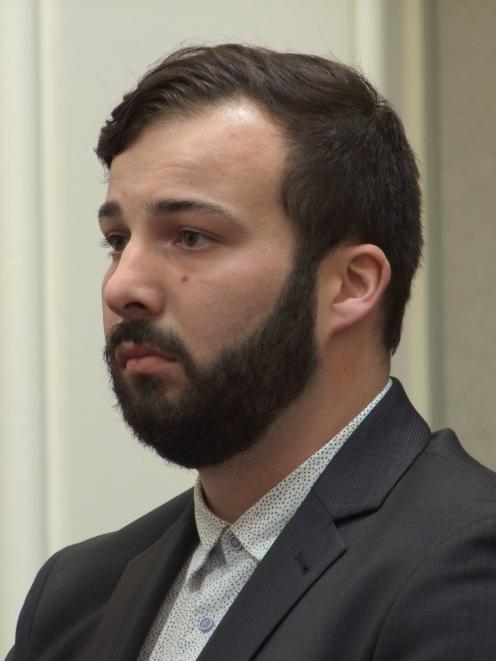
William Andrew Laidler (24) was jailed for five years, seven months in January last year, a sentence that was confirmed by the Court of Appeal following a legal challenge by the sex offender.
After less than 18 months behind bars, however, Laidler will be released.
The decision has rocked the victim’s faith in the justice system and she told the Otago Daily Times she was "disgusted" at the outcome.
"If I had to do it again I simply wouldn’t put my family through it," she said.
"He’s absolutely ruined my life and I feel it was a complete waste of my time and energy for such a pathetic sentence."
The woman’s father said it was devastating watching his girl suffer through the trial and now receive the news of the rapist being freed.
He was worried about her mental health, he said.
On April 23, 2017, Laidler forced himself on his victim, pushing a pillow over her head and continuing regardless of her protests.
It was nine months before she went to police but a message exchange was crucial in backing up her words.
Laidler pleaded with his victim not to go to police and said he did not know what was wrong with himself.
Desperate, he told the woman he loved her and that they urgently needed to talk.
She responded with one word: "rapist".
She described in graphic detail what she remembered of the incident.
Laidler called it "the biggest mistake" of his life and claimed he felt so worthless he might kill himself — but he did not deny it.
Since being in prison, the Parole Board heard, the man had presented no issues and was a minimum-security inmate who worked in the Otago Corrections Facility kitchen.
Laidler had undergone one-on-one psychological treatment and read a statement at last month’s hearing which impressed the board.
"He says he now has an understanding of what led to the offending. He identified the problems and the stresses and the reasons why he felt as he did at the time that he committed the offence," panel convener Kathryn Snook said.
"He deeply regrets taking the matter to trial."
The victim, Laidler said, had no reason to fear for her safety.
On granting parole, the board noted the sex offender had "excellent support" on the outside and a mechanical engineering job with his former employer.
His parole conditions included: to live at an address approved by Probation; to comply with the requirements of electronic monitoring; to disclose details of any intimate relationship to Probation; to attend a psychological assessment and any treatment prescribed; not to enter Dunedin unless travelling through without stopping; and not to contact the victim.












